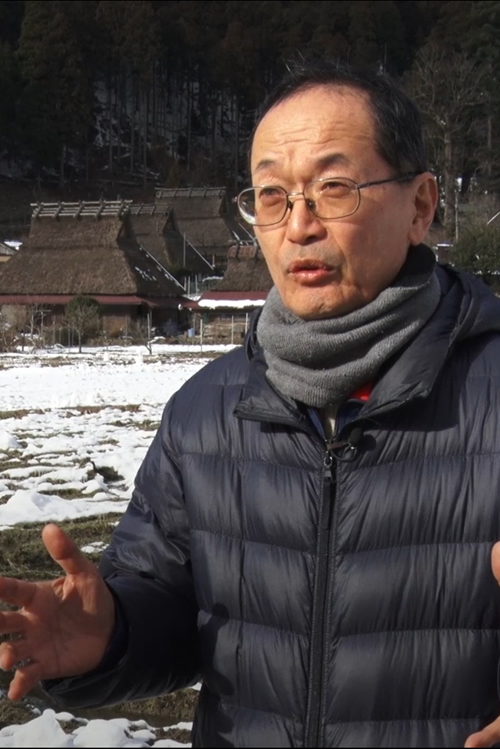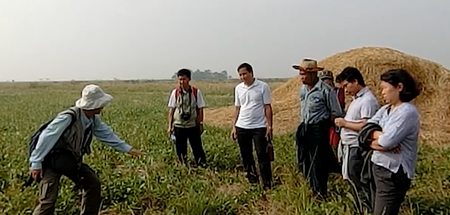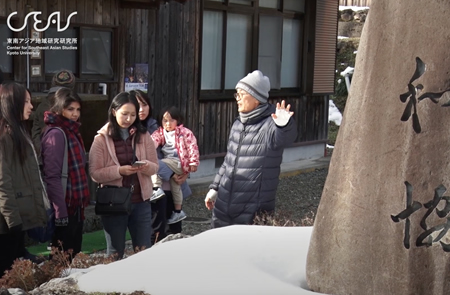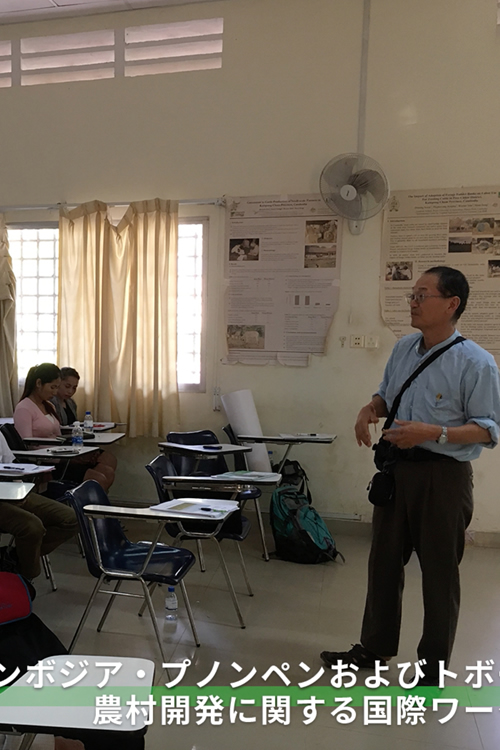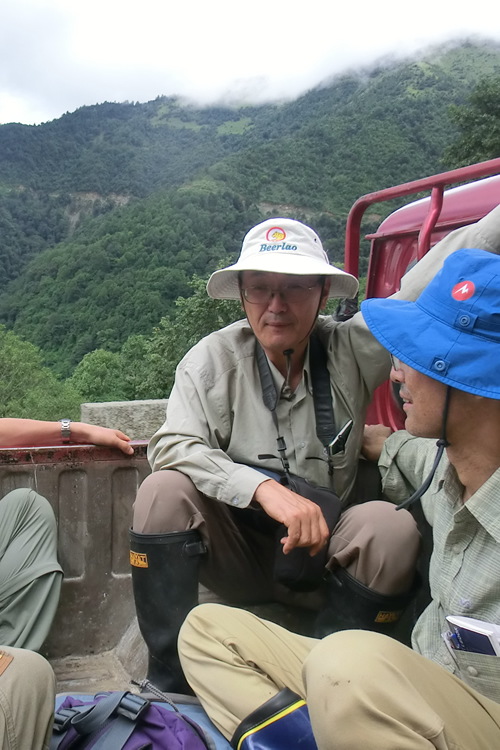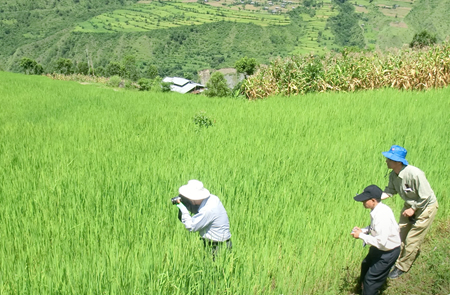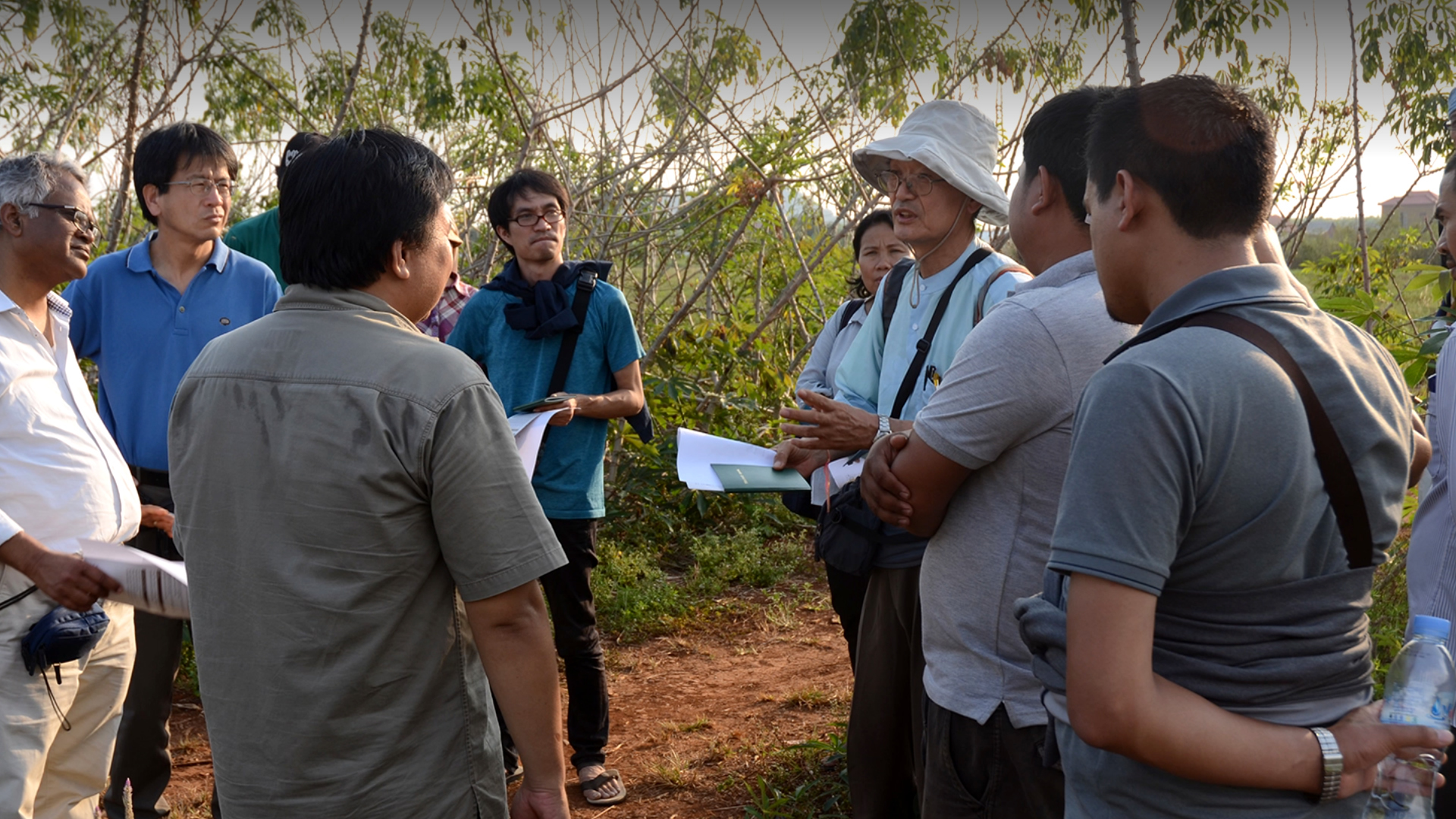Rural depopulation and abandonment of agricultural land are issues not only in Japan but also in Asia as a whole. This video introduces CSEAS’ international efforts to mutually share the experiences of Japan and Asia.
―The Issue of Asian Depopulation and Area Studies
I am working on the major issue of the depopulation of rural areas. This is a global problem that is reaching every region in the world.
The root of this problem is truly deep. Many individuals from rural populations, mainly young people, are migrating to cities. The purpose is to find jobs, work, and build a life. There are also people who leave their hometown to study. Many of them then try to find employment in cities and do not return to their villages. Because in depopulated villages the number of young couples is declining, the number of children is also falling. As a result, elementary and junior high schools are being merged and long-established schools have become abandoned. It is also becoming difficult to continue organizing cultural activities in those areas, such as festivals. More and more crop fields have been abandoned, and the proportion of feeding damage by forest animals such as deer, boar, and monkeys is growing. Many Japanese people tend to think that depopulation is a problem of a developed country like Japan. However, even in a country like Bhutan, well-known for being a “happy country,” the depopulation of rural areas has begun. Many people in Asia have a sense of crisis about this issue, which will become greater in the future, and wonder how they should approach it.
In 2008, I established the “Department of Practice-oriented Area Studies” (POAS) in CSEAS, where I am working on the global issue of depopulation. The causes of this problem are wide-ranging and complex. The root cause is the overwhelming power of cities. In other words, the logic of market economics, which includes the principle of competition and economic rationality, has greatly pervaded society. The logic of market economics has become the de facto foundation of our lives. However, it is not the only foundation for “happiness” in human society.
Japan is implementing many policies to deal with the issue of depopulation. The results are not necessarily clear. However, I think it is important to first connect regions together and think about paths to solving this problem among the people of Asia. And, although it is still just a trickle, a movement to migrate back to depopulated rural areas by Japanese people in their 20s and 30s as well as the retired generation is beginning. When people from Bhutan and Myanmar visit rural villages in Japan, they are surprised by the extent of modernization, such as distributed electricity and paved roads. They also see a great number of people who left for cities despite the modernization, and, on the other hand, those who are returning to the countryside. Depopulation cannot be solved by just economic development. There is the need to look at the future of rural areas in balance with urban development and, at the same time, asking questions about tradition and culture, such as what is “happiness.”
